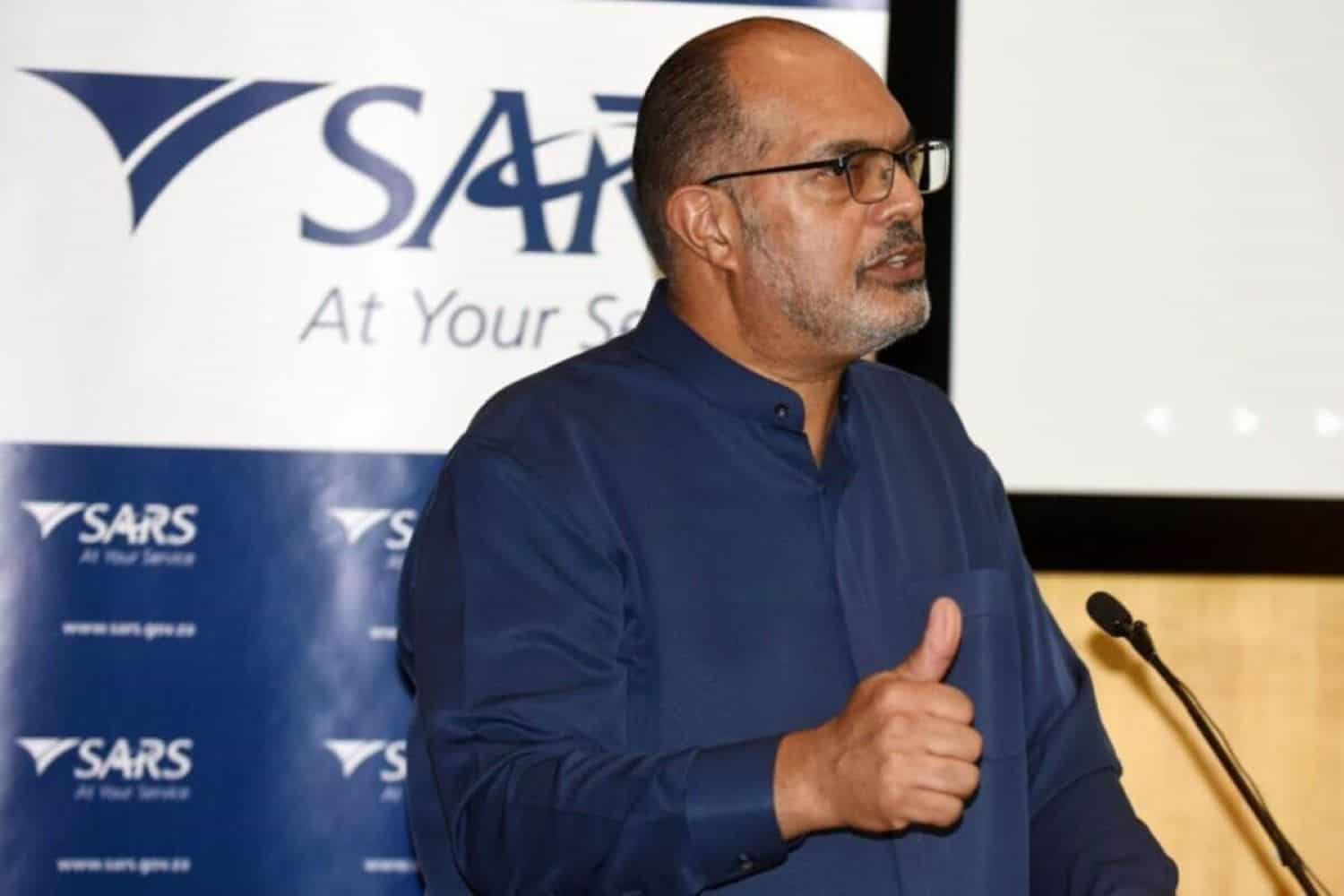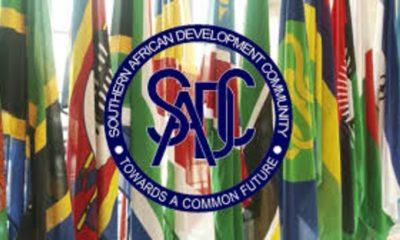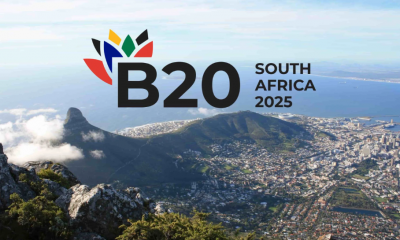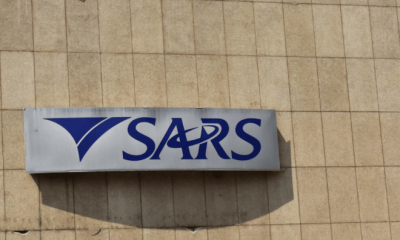Business
Sars Boss Edward Kieswetter Opposes Tax Hikes, Advocates for Better Tax Collection

South African Revenue Service (Sars) Commissioner Edward Kieswetter has once again spoken out against raising taxes, emphasizing that improving tax collection and administration is a more effective way to boost revenue. His remarks, made during a G20 side event in Cape Town, come amid ongoing debates about South Africa’s fiscal policy and the controversial proposal to increase VAT by two percentage points.
Kieswetter’s Stance on Tax Hikes
At the G20 event, Kieswetter reiterated his long-held view that raising taxes can stifle economic growth and erode the tax base. “Raising taxes takes money out of the economy, stifling growth and economic development,” he said. “It also erodes the tax base, which is the goose that provides the eggs.”
Kieswetter’s comments align with his previous statements, including those made during a recent webinar where he cautioned against the assumption that higher tax rates automatically lead to increased revenue. Instead, he advocates for investment in improving South Africa’s tax administration as a more sustainable solution.
Friction with Finance Minister Enoch Godongwana
Kieswetter’s stance has not been well-received by Finance Minister Enoch Godongwana, who proposed the VAT hike in the 2025 budget. The proposal faced significant backlash, leading to the postponement of the budget’s tabling. During a media briefing on 19 February, Godongwana expressed frustration over Kieswetter’s repeated assertions, emphasizing the need for Sars to focus on tax administration while the finance ministry handles tax policy.
“It’s quite important that both of us keep to those two lanes,” Godongwana retorted. However, Kieswetter argues that tax policy and administration are interconnected. “Tax policy is only as good as the ability to administer it,” he said. “If you can’t administer a policy, you have a worse impact. This nexus must be considered by policymakers.”
The Case for Improved Tax Collection
Kieswetter highlighted that one of the significant challenges in revenue collection is the underfunding of administrative capacity. He stressed that taxes must be seen as equitable by the public to maintain trust and compliance. “If taxes are not perceived as fair, it undermines trust and inadvertently hampers compliance and revenue collection,” he explained.
Digitization and Tax Administration
International Monetary Fund (IMF) Managing Director Kristalina Georgieva, who also participated in the G20 discussion, echoed Kieswetter’s views. She noted that citizens are more willing to pay taxes when they see their money being used efficiently. “Digitization of administration can increase tax collection by one percentage point of GDP, provided the reforms are well implemented,” she said.
IMF research supports this, showing that reforms to tax administration can boost revenue by more than three percentage points of GDP over five to six years. Georgieva emphasized that developing countries, in particular, should focus on improving tax capacity and strengthening the efficiency of tax administration.
Broadening the Tax Base
Ajay Banga, President of the World Bank Group, also weighed in on the discussion, highlighting the global challenges of narrow tax bases, wasteful tax exemptions, and weak tax administration. “The first solution is broadening the tax base, not raising rates,” he said. Banga emphasized the importance of modernizing tax administration through digitization and leveraging artificial intelligence (AI) to improve compliance.
Edward Kieswetter’s opposition to tax hikes and his advocacy for improved tax collection reflect a broader debate about South Africa’s fiscal policy. While the government seeks to address revenue shortfalls, Kieswetter’s emphasis on digitization, equitable taxation, and administrative efficiency offers a compelling alternative to raising taxes. As South Africa navigates its economic challenges, the balance between tax policy and administration will be crucial in ensuring sustainable revenue growth and public trust.
Follow Joburg ETC on Facebook, Twitter , TikTok and Instagram
For more News in Johannesburg, visit joburgetc.com



























